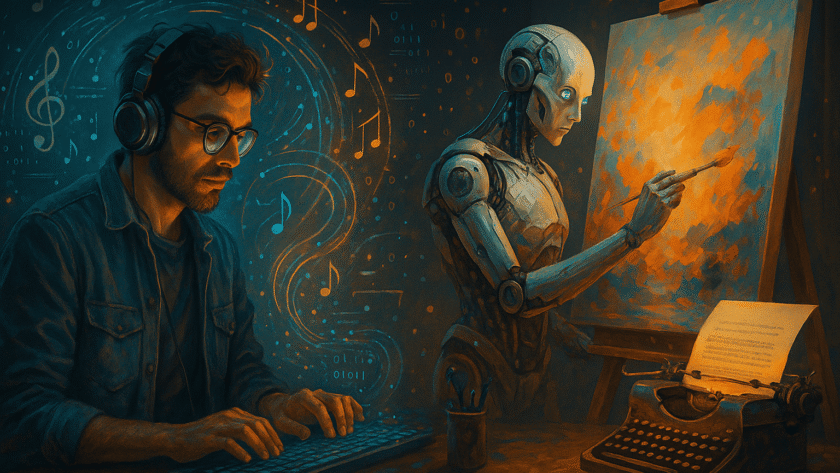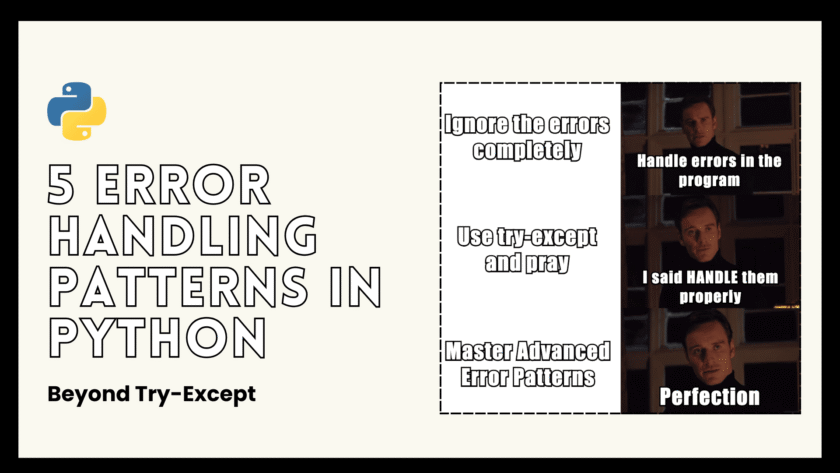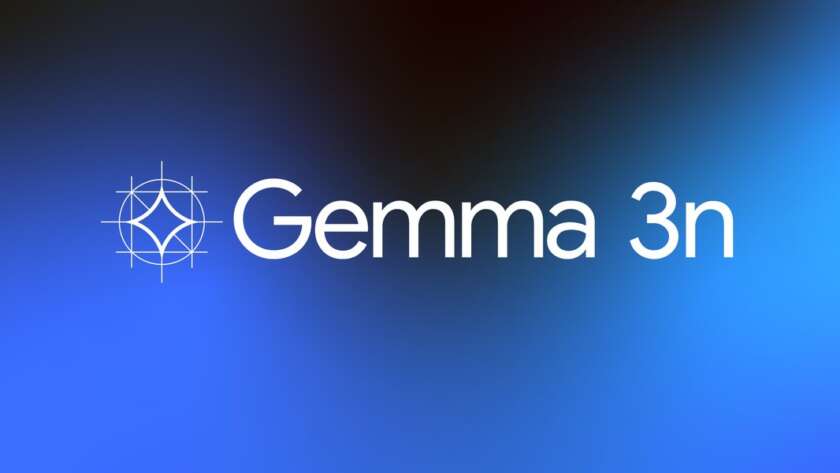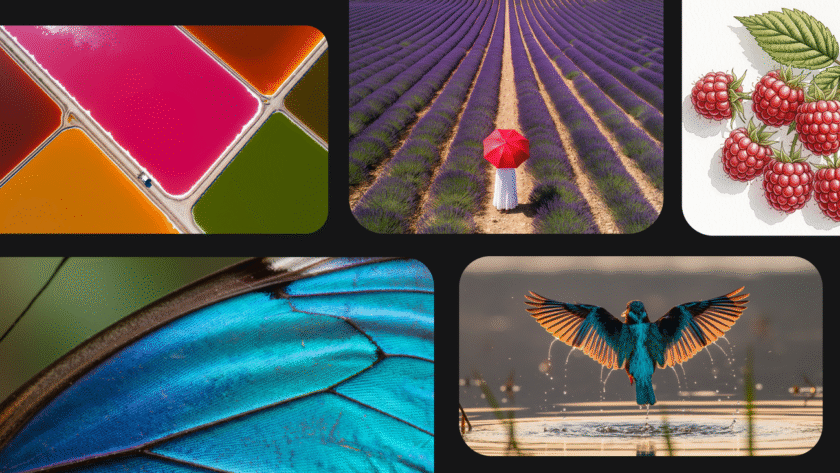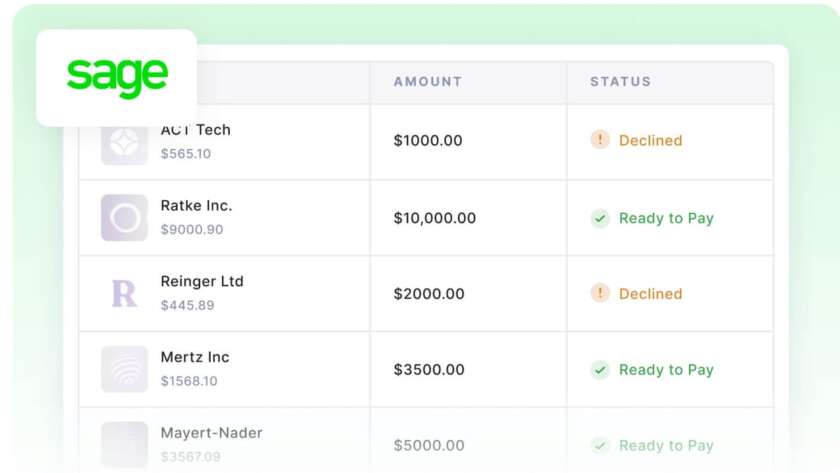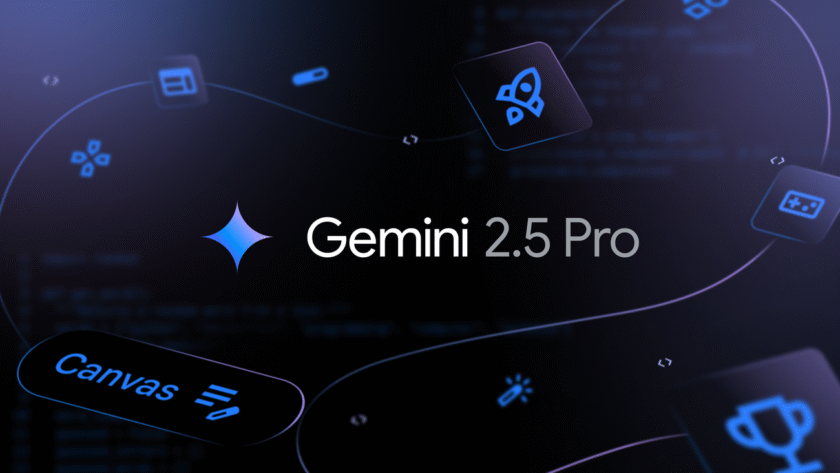The Rise of AI in Creative Domains Artificial Intelligence (AI) has moved far beyond number-crunching and automation. Today, it’s playing a transformative role in traditionally human-centric fields like music, writing, and visual art. Algorithms are composing melodies, generating stories, and producing visuals that rival those created by human hands. As this shift unfolds, it prompts…
